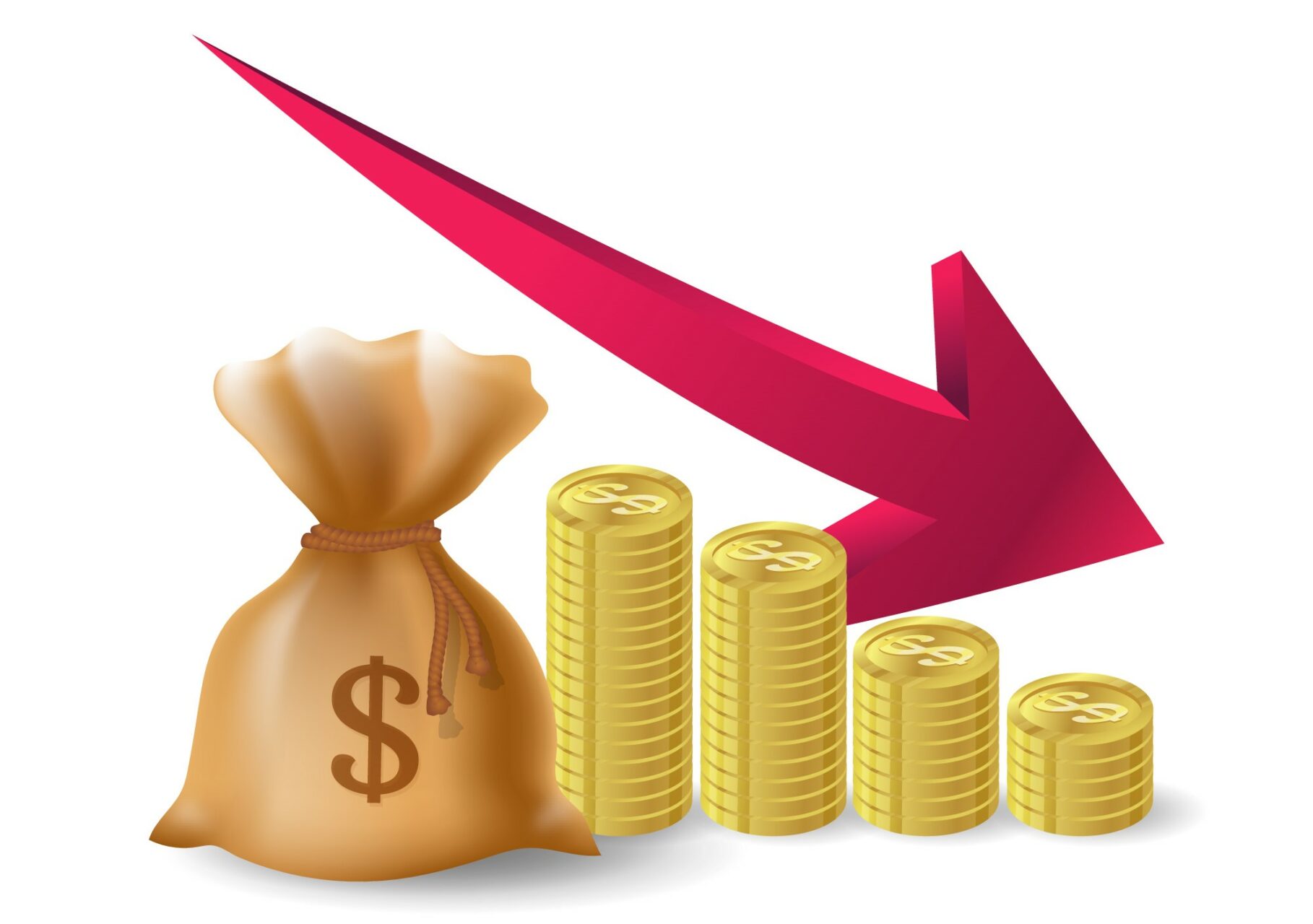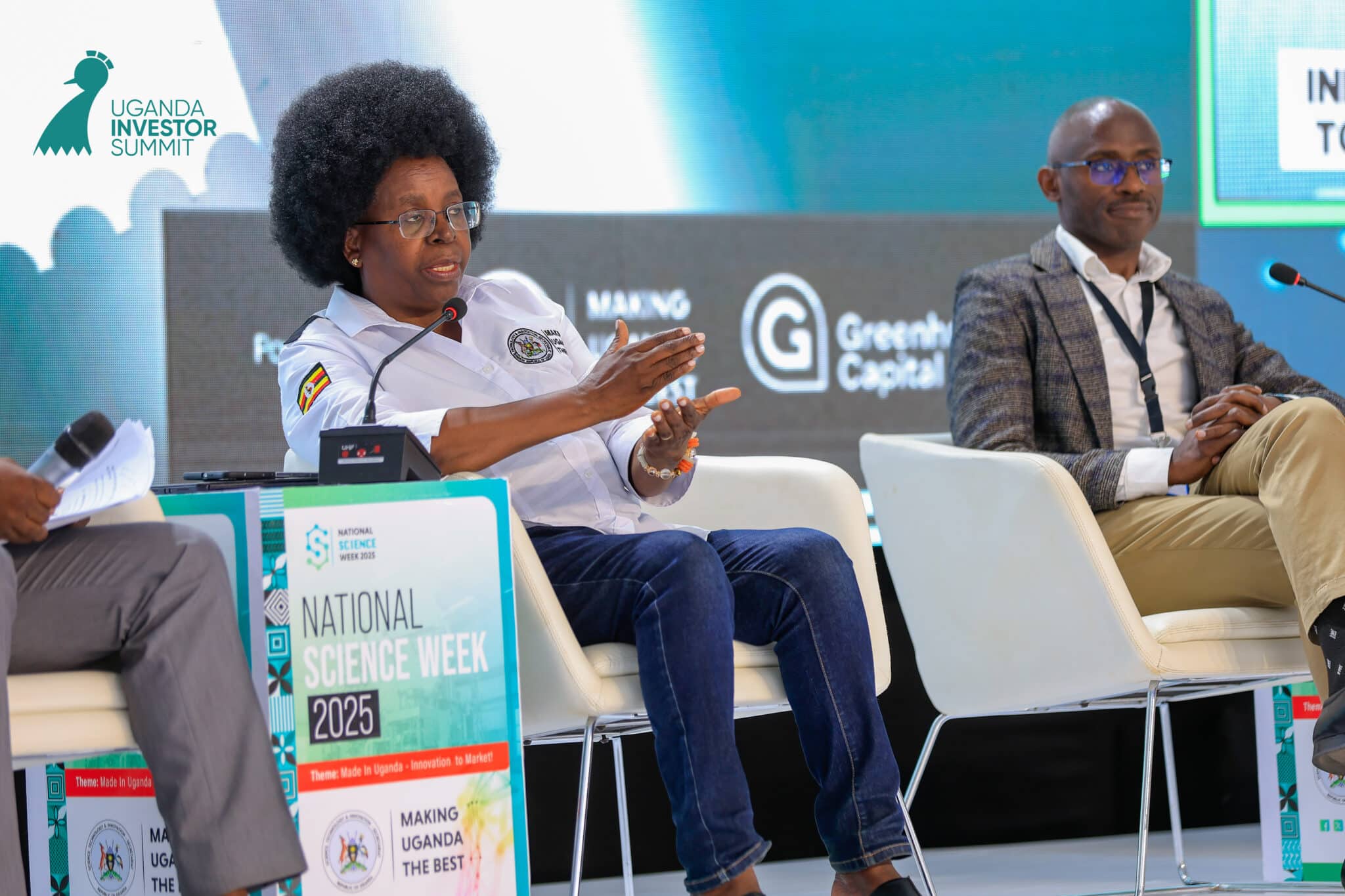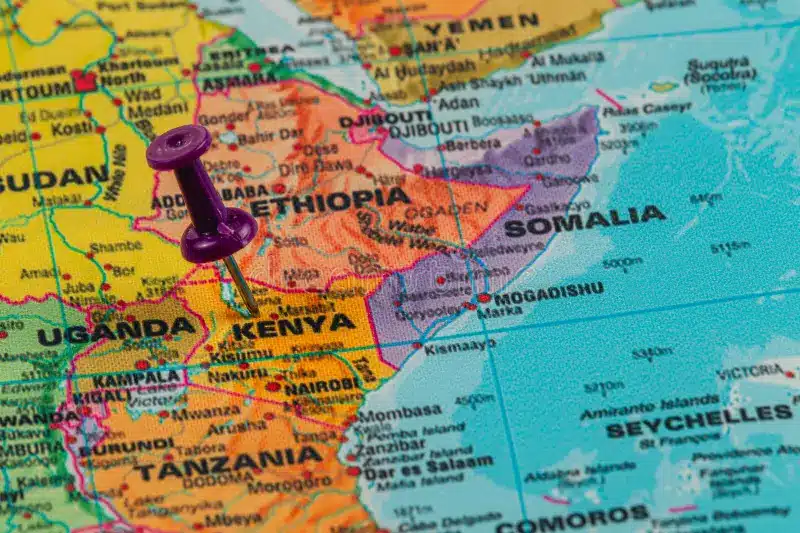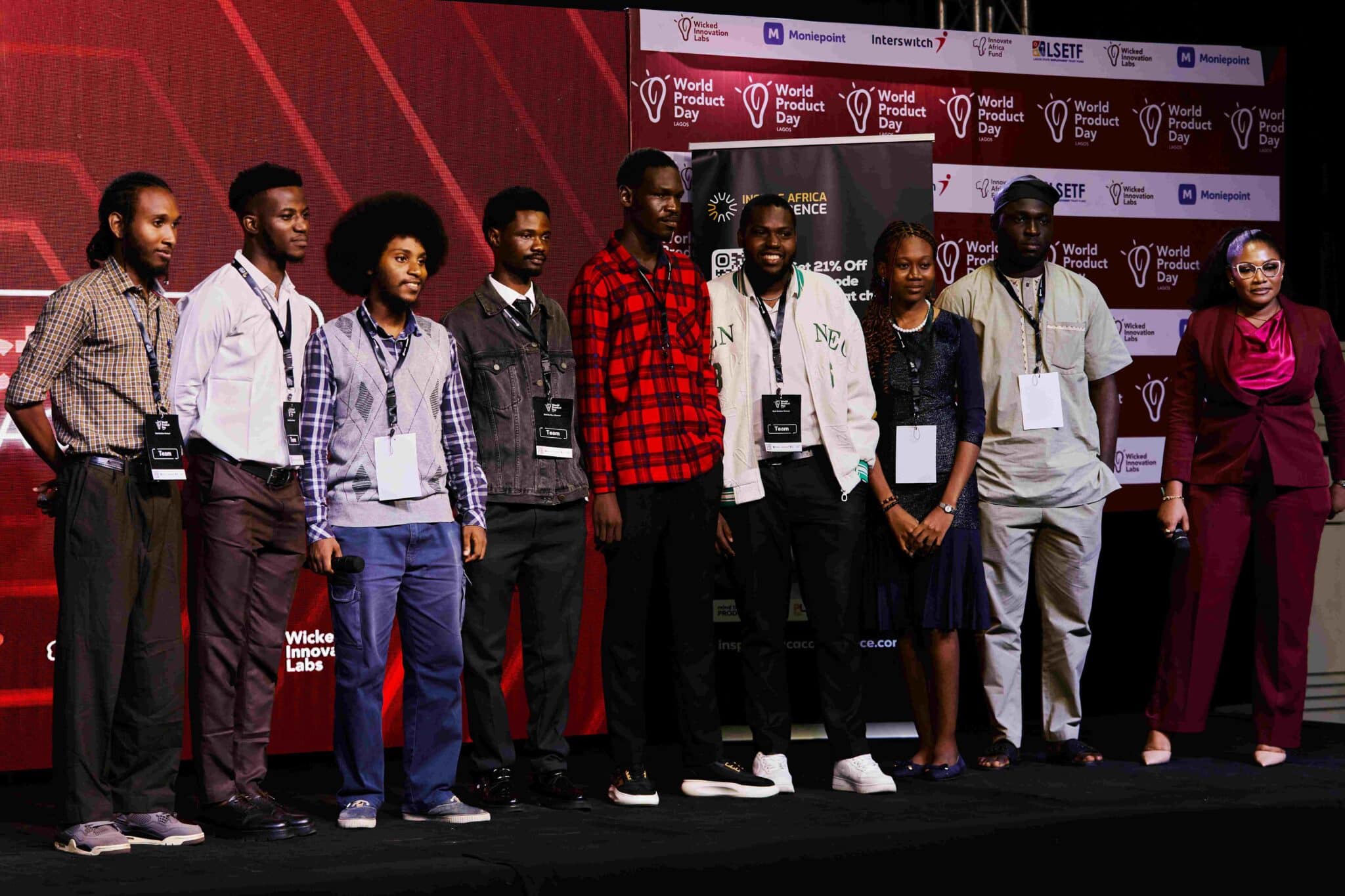According to Briter Bridges’ 2023 Africa Investment Report, the decrease in venture capital funding for African startups may be overstated.
Last year, amid the frequent reports of shutdowns and layoffs, the prevailing sentiment was that Africa’s startup ecosystem was in crisis mode.
Years of incremental funding for the continent’s startups had seen them go from raising less than half a billion dollars in venture capital funding to more than $4 billion within a decade, and even a global venture capital slowdown appeared not to affect African startups.
However, as funding trackers across the continent have released data on 2023’s performance, that optimism appears to have waned.
Funding for startups in Africa dropped from $4.6 billion in 2022 to $2.9 billion in 2023, according to Africa: The Big Deal. The worry in some quarters is easy to understand. Businesses in Africa have a hard time accessing financing from traditional financial institutions, and any drop in funding is often seen as critical.
Briter Bridges’ new report argues, however, that the drop isn’t steep and must be viewed in context.
“2023 was the first year in over a decade where the amount of investment flowing to Africa’s ventures was visibly lower than in previous years. Yet, most indicators remain higher than five years ago, offering a positive perspective and indicating a clear long-term upward trend for the ecosystem despite the short-term swings.”
Briter Bridges’ numbers are higher than those of other funding trackers, but that is because it reports disclosed and undisclosed funding. Furthermore, its criteria for what qualifies as an African startup differ slightly from those of other trackers.
Funding value drops, but deal volumes continue to rise
Its data shows a 23% year-on-year funding dip, while the deal count grew by 11%. It reported $5 billion across 975 deals in 2022 and $4 billion across 1,080 deals in 2023. While funding fell, it points out that it is a market correction following a period of cash abundance that led to outsized valuations.
The report argues that this drop in funding is understandable, as the spike in funding and valuation was the result of a cash-flush market caused by the COVID-19 pandemic. Indeed, startup funding on the continent saw a dramatic year-on-year increase, going from under $2.5 billion in 2020 to over $5 billion, per Briter Bridges’ data.
One reason for this continued growth in deal volume is the emergence of new funding sources.
In 2023, Y Combinator, one of the largest early-stage investors on the continent, reduced its African cohort. The accelerator had earlier announced it would be scaling back on its batch size in 2022.
Consequently, it only took in six African startups in 2023, compared to 32 in 2022. Fortunately, other early-stage investors have remained active on the continent, while new funds and accelerators have been launched. African venture capital and private equity funds raised more than $2.4 billion in disclosed funding in 2023.
Norrsken22 raised $205 million from an LP base that included Flutterwave CEO, Olugbenga Agboola; Skype Co-founder, Niklas Zennström; and Delivery Hero Co-founder, Niklas Östberg.
Funds like VestedWorld, Saviu Ventures, REdimension Capital, Novastar Ventures, and Catalyst Fund launched or raised new funds too.
Debt funding also became more attractive to founders who preferred not to dilute equity in their businesses. Asset-heavy startups in cleantech, mobility, agriculture, and logistics are the major beneficiaries of the debt financing boom.
Mega deals continue to skew funding value
A common theme in the past decade has been the outsized contributions made by mega deals (defined as funding exceeding the $100 million mark). On average, less than 2% of startups capture 42% of funding each year, and 2023 was no different.
The top 1% of startups that secured funding last year represented 45% of the overall funding. MNT-Halan, MKOPA, and Sun King all raised more than $100 million, while Instadeep was acquired for $683 million.
Expectedly, growth and later-stage startups were responsible for these mega deals, but overseas funding sources remain relevant at this stage.
Funding destinations are becoming diversified
Traditionally, most of the funding for African startups has been received by four countries — Nigeria, Kenya, South Africa, and Egypt — due to their larger economies and more developed tech ecosystems.
However, the data suggests that investors are beginning to look outside these countries for their next investment. All four countries accounted for 75% of funding in 2022, but that dropped to 68% in 2023.
Beyond these countries, Rwanda, Ghana, Tunisia, Mauritius, and Senegal have seen increased deal activity. Rwandan startups, for example, have raised $850 million across 70+ deals, while Ghanaian startups have raised $745 million across more than 245 deals.
Even among the top four countries, the share of funding has also shifted. Nigeria has typically raised the most capital of the four, but it was overtaken by Kenya and Egypt in 2023. This was largely driven by the absence of a large funding deal, as it still had more deals announced.
There’s also sector diversification, as fintech startups account for a lower share of funding. It accounted for 56% in 2021, but now contributes 23% in 2023. Cleantech, health, SaaS, and mobility startups round up the top five, but the report notes that more startups are beginning to embed financial solutions in their products.











